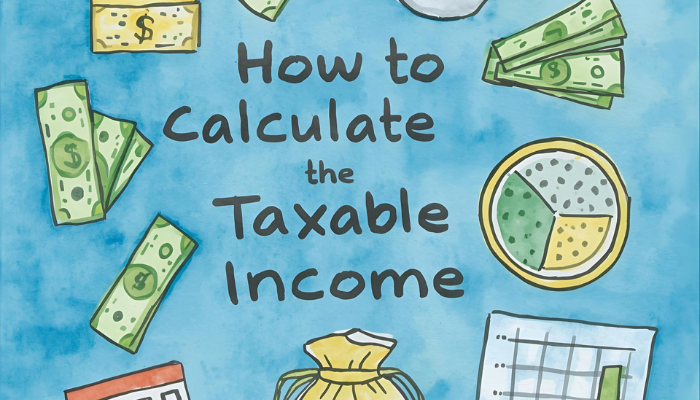
Special Needs Trust Tax Return
Tax implications can be intimidating for anybody. However, they can be especially so for individuals in charge of special needs trust tax return. One essential instrument for guaranteeing the well-being and financial stability of people with disabilities is a special needs trust.
There are certain factors and subtleties to be aware of during tax season. Our best tax consultant Houston helps you solve the nuances of special needs trust tax returns. We offer insightful advice to help you maximize advantages while maintaining compliance.
What is a Special Needs Trust?
A special needs trust is often referred to as a special needs trust. It is a type of legal structure created to manage assets on behalf of an individual with a disability while maintaining that person’s eligibility for government services like Medicaid and Supplemental Security Income (SSI).
These trusts can be supported with various assets, such as money, real estate, and investments, usually established by guardians or family members.
Tax Implications for Trusts for Special Needs
Special needs trusts are not treated like other trust kinds regarding taxes. The following are some essential things to remember:
Credits and Deductions
Certain credits and deductions may be available to special needs trusts, reducing their potential tax liabilities. These may consist of credits for specific costs associated with a handicap and deductions for expenses related to the beneficiary’s upkeep and care.
Income Distribution
There may be tax ramifications for how a special needs trust distributes its revenue. Depending on the type of income and the recipient’s overall tax status, the beneficiary may be required to pay taxes on any money delivered to them.
Registering for Special Needs Returns for Trust Taxes
A special needs trust’s tax returns must be filed with meticulous attention to detail and by IRS guidelines. To guarantee a seamless filing procedure, follow these steps:
Compile the Required Records
Gather pertinent financial records, such as income statements, expense receipts, and other documents about the trust’s financial affairs.
Ascertain the Need for Filing
To determine if the trust qualifies for submitting a tax return and which paperwork must be sent to the IRS, speak with a tax expert.
Finish and Submit Your Tax Return
Ensure you accurately fill out the relevant tax paperwork, such as IRS Form 1041 for complex trusts. Make sure you attach all required schedules and files.
Keep Documents Up to Date
Keep detailed records of all tax filings and associated paperwork for future reference and audits.
Seek Expert Advice
Due to the intricate nature of special needs trust tax filings, you are strongly advised to get our expert help. We ensure your compliance with tax rules and regulations by offering tailored guidance depending on your situation.
The Bottom Line
Handling special needs trust tax return calls for meticulous preparation, close attention to detail, and knowledge of these trusts’ particular tax implications. Tax rules and regulations must be followed, but people may maximize their benefits and ensure compliance by being educated and getting expert help when necessary. Our tax advisor services emphasize careful tax preparation, which can eventually contribute to maintaining long-term financial stability and well-being.
Read More:


